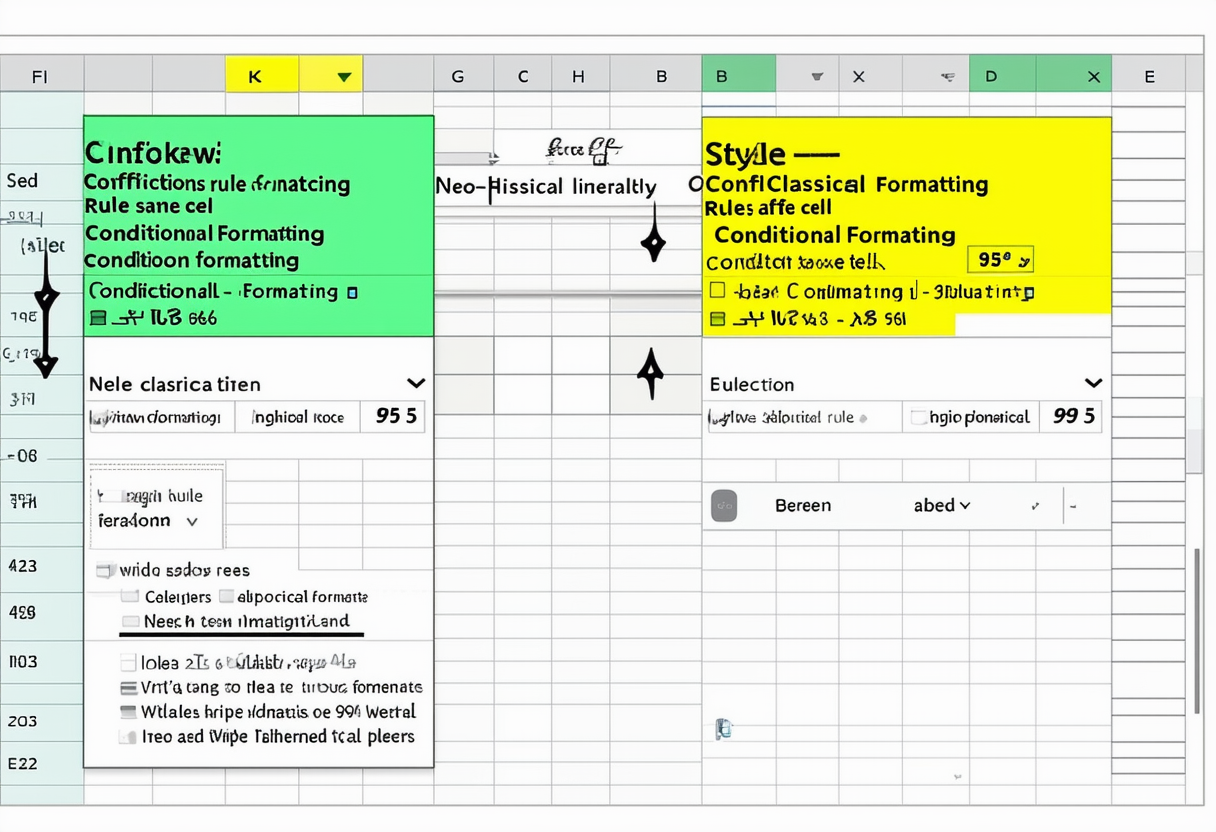Table of Contents
In the world of programming, regular expressions, often abbreviated as REGEX, are a powerful tool used to match patterns within strings of text. One of the key concepts within regular expressions is the idea of a ‘Greedy Match’. This article will delve into the depths of this concept, providing a comprehensive understanding of its functionality, usage, and significance.
Regular expressions are a sequence of characters that forms a search pattern. This pattern can be used for string matching, substitution, and splitting operations in most modern programming languages. The concept of ‘Greedy Match’ is a fundamental aspect of regular expressions, which plays a crucial role in pattern matching. It is important to understand this concept to effectively use REGEX.
Understanding the Concept of Greedy Match
Before we delve into the specifics of ‘Greedy Match’, it is important to understand the basic structure of regular expressions. A regular expression is a sequence of characters that forms a search pattern. This pattern can be used for string matching, substitution, and splitting operations in most modern programming languages.
The term ‘Greedy Match’ in regular expressions refers to the concept of matching the longest possible string that satisfies a given pattern. In other words, a greedy match will consume as much of the input string as possible while still allowing the overall pattern to match. This is the default behavior of regular expressions in many programming languages.
Working Mechanism of Greedy Match
When a regular expression pattern contains a repetition operator, the engine that processes the expression can match the pattern in multiple ways. A greedy match will always attempt to match the longest possible string that satisfies the pattern.
For example, consider a regular expression pattern that matches any string of alphanumeric characters. If the input string is ‘abc123’, the greedy match will match the entire string, because it is the longest possible string that satisfies the pattern.
Significance of Greedy Match
The greedy match concept is significant because it allows for more efficient pattern matching. By consuming as much of the input string as possible, the regular expression engine can often match the pattern in fewer steps, resulting in faster processing times.
However, it’s important to note that a greedy match may not always produce the desired result. In some cases, a greedy match can consume parts of the input string that should be matched by other parts of the pattern. This can lead to unexpected results, which is why it’s important to understand how greedy matches work.
Examples of Greedy Match in Regular Expressions
Now that we have a basic understanding of what a greedy match is and how it works, let’s look at some examples of how it can be used in regular expressions. These examples will help illustrate the concept and demonstrate its practical applications.
Consider the regular expression pattern ‘a.*b’. This pattern will match any string that starts with ‘a’ and ends with ‘b’, with any number of characters in between. If the input string is ‘abcab’, the greedy match will match the entire string, because it is the longest possible string that satisfies the pattern.
Example 1: Simple Greedy Match
Let’s start with a simple example. Consider the regular expression pattern ‘a.*b’. This pattern will match any string that starts with ‘a’ and ends with ‘b’, with any number of characters in between. If the input string is ‘abcab’, the greedy match will match the entire string, because it is the longest possible string that satisfies the pattern.
In this example, the ‘.*’ part of the pattern is the greedy match. It matches any character (.) any number of times (*). Because it is greedy, it will match as many characters as possible while still allowing the overall pattern to match. In this case, it matches the ‘bca’ part of the input string.
Example 2: Greedy Match with Multiple Matches
Now, let’s consider a slightly more complex example. Suppose we have the regular expression pattern ‘a.*b’ and the input string ‘abcab’. In this case, the greedy match will match the entire string, not just the first ‘ab’ substring.
This is because the ‘.*’ part of the pattern is greedy, so it matches as many characters as possible while still allowing the overall pattern to match. In this case, it matches the ‘bca’ part of the string, resulting in the entire string being matched.
Controlling Greediness in Regular Expressions
While the greedy behavior of regular expressions is often useful, there are times when it can lead to unexpected results. For example, if you want to match the shortest possible string that satisfies a pattern, a greedy match won’t work. Fortunately, most regular expression engines provide a way to control the greediness of a match.
By default, the repetition operators in regular expressions (*, +, ?, {n}, {n,}, {n,m}) are greedy, meaning they will match as many characters as possible. However, you can make these operators lazy, or non-greedy, by following them with a question mark (?). A lazy operator will match as few characters as possible.
Example of Non-Greedy Match
Consider the regular expression pattern ‘a.*?b’ and the input string ‘abcab’. In this case, the match will be ‘ab’, not ‘abcab’.
This is because the ‘.*?’ part of the pattern is non-greedy, so it matches as few characters as possible while still allowing the overall pattern to match. In this case, it matches the empty string between ‘a’ and ‘b’, resulting in the shortest possible match.
Significance of Non-Greedy Match
Non-greedy matches can be useful when you want to match the shortest possible string that satisfies a pattern. They can also be useful when the input string contains multiple matches and you want to match each one separately.
However, non-greedy matches can be slower than greedy matches, because the regular expression engine has to check for a match after each character. Therefore, it’s important to use non-greedy matches judiciously and only when necessary.
Conclusion
Understanding the concept of greedy match in regular expressions is crucial for effective pattern matching. While the default greedy behavior is often useful, it’s important to know how to control the greediness of a match to achieve the desired results.
Through examples and explanations, we have explored the concept of greedy match, its working mechanism, its significance, and how to control its behavior. With this knowledge, you can use regular expressions more effectively in your programming tasks.











